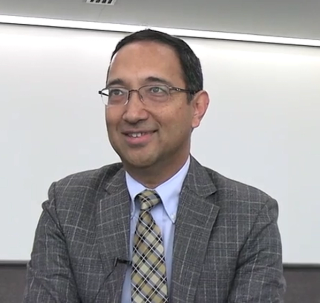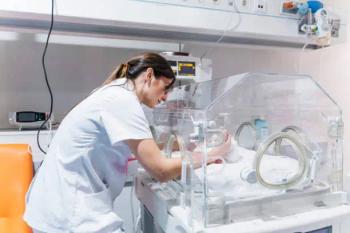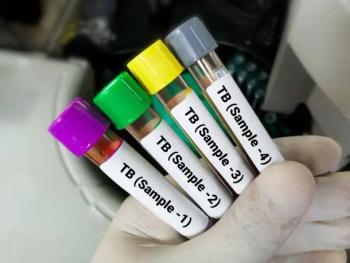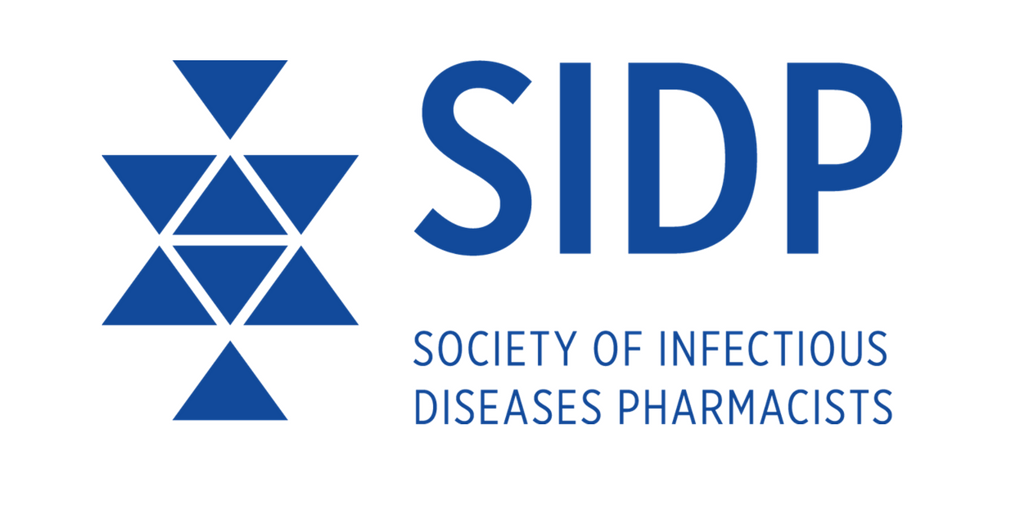
Antimicrobial Stewardship
Latest News
Latest Videos

CME Content
More News

Oral omadacyline or linezolid was equally efficacious to intravenous dosing for acute bacterial skin infections, and associated with less cost and risks.

In the third installment of our series on preparedness, Gavin Harris, MD, discusses the principles and challenges of biorisk management, focusing on infectious disease threats and containment strategies.

This investment will support the development of a rapid diagnostic platform for neonatal sepsis care by identifying infections and resistance markers within hours.

NACCHO’s CEO Lori Tremmel Freeman discusses efforts and emphasizes the need for federal support and coordination.

Significant value can be offered through the incorporation of stewardship concepts into infection guidelines, but we must also address the risk and challenges it may impose on health care systems.

Here is a novel use of ceftaroline to treat methicillin-resistant Staphylococcus epidermidis ventriculitis in a preterm infant with a ventriculosubgaleal shunt.

CEO Lori Tremmel Freeman discusses NACCHO's capacity-building programs and strategies to strengthen local health departments in addressing evolving public health threats.

Mary Rochelle Smith, MD, Julie J Lee, MD, and Amy Chang, MD, PharmD, share expert strategies for implementing effective clinical decision support tools in practice.

Patrick D Crowley, DO explains the impact of the "skip phenomenon" in Staphylococcus lugdunensis infective endocarditis, linking it to longer hospital stays and higher mortality rates.

Babafela Awosile, DVM, MVSc, PhD, DACVPM, discusses the need for surveillance as blaCTX-M-15 and blaCMY-2 spread in humans, animals, and the environment.

In the second part of our conversation, Abdulwhab Shremo Msdi, PharmD, discusses using this methodology.

How targeting zinc deprivation in VIM-2-expressing bacteria may open new doors for treating multidrug-resistant infections, with azithromycin showing promise.

Abdulwhab Shremo Msdi, PharmD, offers insights on its complexities, why institutions have been slower to include this dosing technique, and why clinicians need to consider this approach.

Larry Sutton, MD, PhD, discussed how oxygen affects C. difficile and provides anti-inflammatory effects in the gut, with potential applications for gastrointestinal diseases.

CEO Larry Sutton, MD, PhD, discusses SIDIPREV, a novel oxygen-based therapy aimed at preventing C difficile infections.

Study reveals how bacteria secrete natural products that make their competitors vulnerable to viral infection, with potential implications for enhancing phage therapy and shaping microbial ecosystems.

Selective serotonergic reuptake inhibitors (SSRIs) and beta-adrenergic blockers among agents with potential to mitigate chronic wound infections.

CEO Larry D Sutton, MD, PhD, elaborates on the company's strategy and the science behind SIDIPREV to prevent C difficile infections in hospitalized patients.

In a retrospective cohort study, a health system found this form of prophylaxis led to substantial reductions in 2 of 3 sexually transmitted infections (STIs) in a mostly male population.

New recommendations emphasize shorter, all-oral regimens for both drug-susceptible and drug-resistant TB.

Systematic reviews and localized studies reveal rising resistance rates in pediatric H pylori infections, highlighting the need for improved diagnostics and treatment approaches.

Data detailing antibiotic choice and duration derived from electronic health records improved appropriate therapy use for community-acquired pneumonia.

Exploring the challenges and strategies for combating MDR Pseudomonas aeruginosa infections, as discussed with Jason Pogue, PharmD, BCPS, BCIDP

As the year is ending, here are some of the bigger stories Contagion covered on this topic.

Jason M Pogue, PharmD, BCPS, BCIDP discussed ceftolozane tazobactam’s effectiveness over ceftazidime avibactam, particularly in pneumonia patients, where it reduced the likelihood of recurrent infections.










































































































































